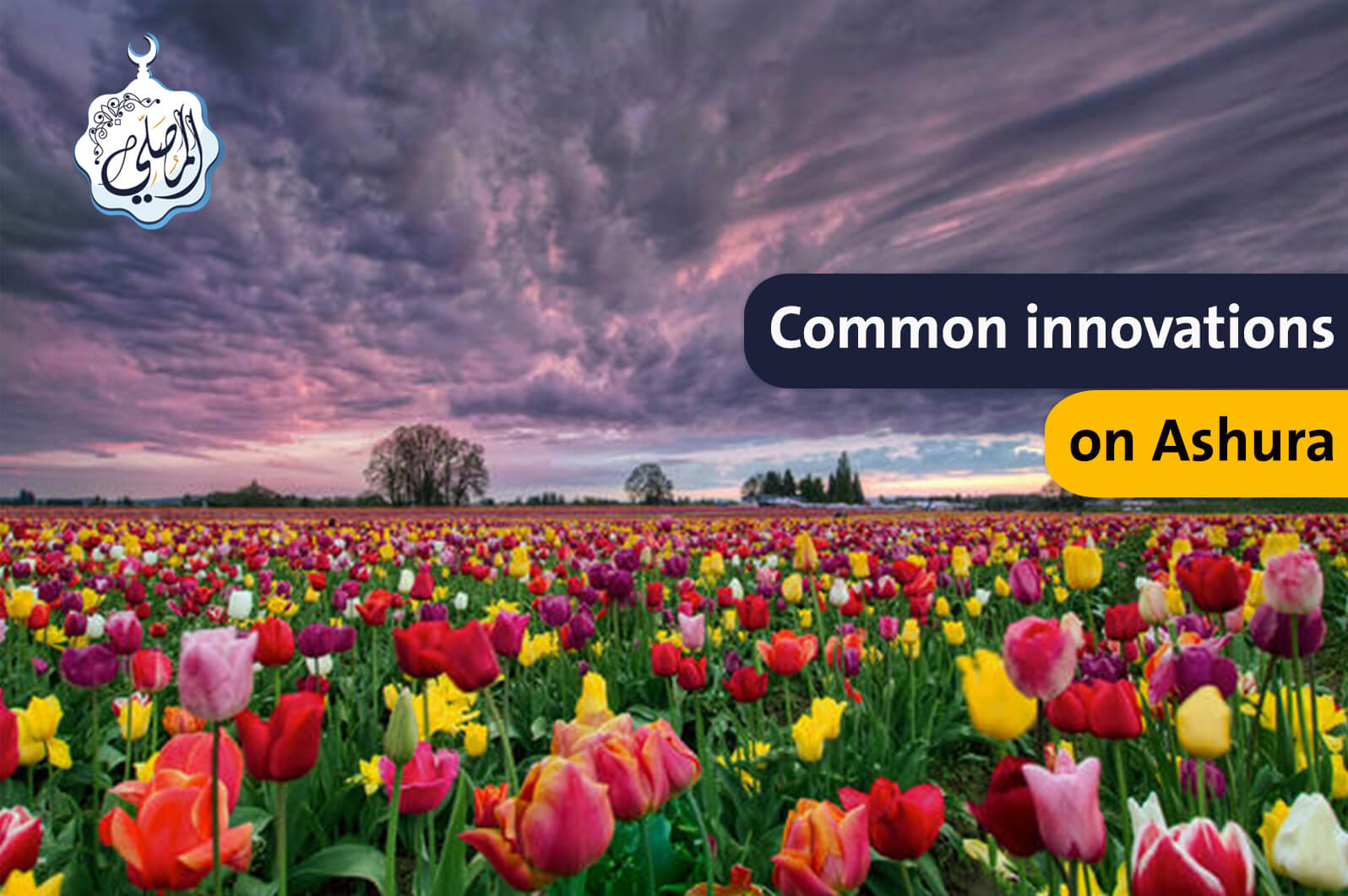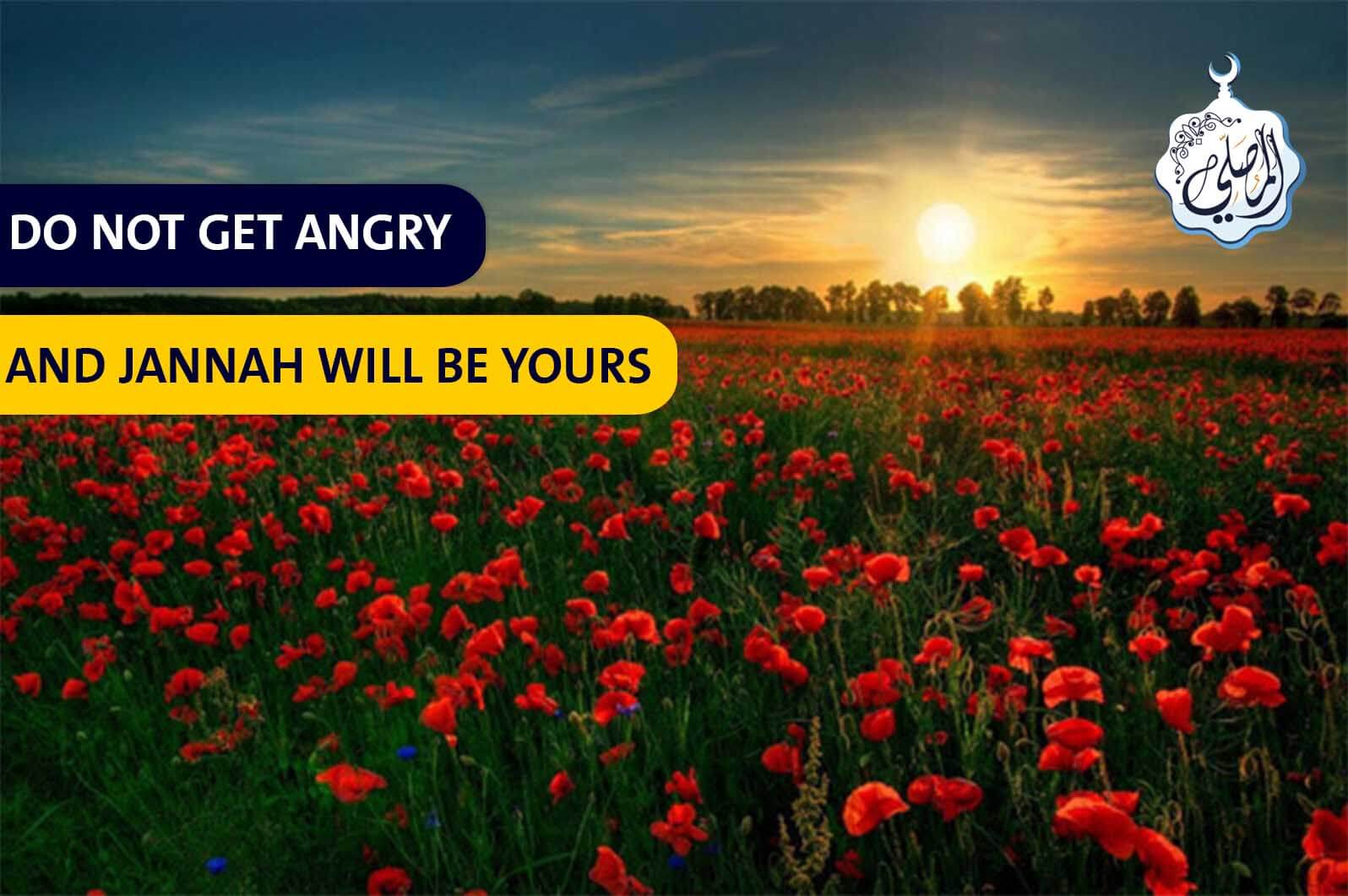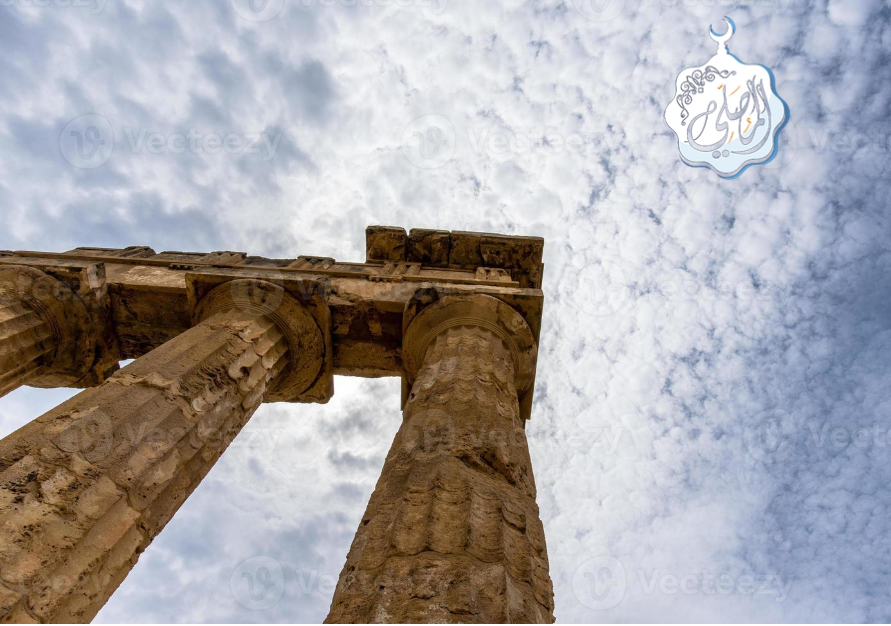
The Day of Arafah is one of the most blessed days in the Islamic calendar. It falls on the 9th of Dhul Hijjah, the day before Eid al-Adha, and is considered the pinnacle of the Hajj pilgrimage, as well as a day of immense mercy and forgiveness for Muslims worldwide. The Prophet Muhammad (peace be upon him) emphasized the virtues of fasting and worship on this day, describing it as a day when Allah frees many from the fire of Hell and answers the supplications of His servants.
To truly benefit from this sacred day, it is essential to prepare ourselves spiritually, physically, and mentally. Here are some practical steps on how to make the most of the Day of Arafah.
1. Increase in Worship and Dua
The Prophet (peace be upon him) said, “There is no day on which Allah frees more servants from the Fire than the Day of Arafah...” (Muslim). Use this day to elevate your worship, including:
Morning Dhikr: Begin your day with remembrance (dhikr) of Allah—recite phrases like “Subhanallah,” “Alhamdulillah,” “Allahu Akbar,” and seek Allah’s forgiveness.
Supplication: Increase dua, especially during the hours of humility on this day. Make dua for yourself, your loved ones, and the entire Ummah.
Recitation of Quran: Engage in reading and reflecting on the Quran. Let its words inspire you to increase your connection with Allah.
2. Fasting with Sincerity
Fasting on the Day of Arafah is highly recommended and a means of expiating sins of the past and coming years. The Prophet (peace be upon him) said, “It expiates the sins of the past year and the coming year.” (Muslim). To maximize the benefits:
Intention: Make a sincere intention to seek Allah’s pleasure.
Supplication and Worship: Accompany your fast with extra prayers, dua, and reflection.
Avoid Distraction: Minimize unnecessary talk or pursuits that distract you from worship.
3. Make Personal and Community Duas
This day offers a special opportunity to connect with Allah through heartfelt supplication. Think of your needs, acknowledge your shortcomings, and seek Allah’s mercy and guidance. Remember that a dua made on this day, especially during the moment of humility or after fasting, has a greater likelihood of acceptance.
4. Engage in Good Deeds and Charity
The virtues of this day extend beyond worship:
Help the Needy: Distribute food, clothing, or assist those in need.
Perform Good Deeds: Increase your acts of kindness, whether through helping your family, visiting relatives, or volunteering.
Sincere Repentance: Reflect on your past mistakes, seek Allah’s forgiveness, and resolve to improve.
5. Reflect on the Significance of Arafah
Use this day to ponder the story of Prophet Ibrahim and Prophet Muhammad (peace be upon them), and contemplate the themes of obedience, sacrifice, and reliance on Allah. It’s also an opportunity to renew your intentions for the year ahead, asking Allah to guide and strengthen your faith.
6. Preparation for Eid and the Days Ahead
As the day concludes, prepare your heart and home for Eid al-Adha. Plan how to contribute towards the sacrifice and share the blessings with family and friends. Ensure your intentions are pure, and remember that your efforts during Arafah are meant to draw you closer to Allah and purify your soul.
Final Thoughts
The Day of Arafah is a golden opportunity to maximize forgiveness, mercy, and blessings from Allah. A day in which supplications are accepted, sins are forgiven, and hearts are purified. To harness its full potential, approach it with sincerity, devotion, and humility.
May Allah accept our fasting, prayers, and supplications on this blessed day, and grant us the ability to implement its lessons in our lives. Let us seize this chance to strengthen our faith, erase our sins, and earn Allah’s boundless mercy.










 share facebook
share facebook share whatsApp
share whatsApp share twitter
share twitter share telegram
share telegram copy
copy







